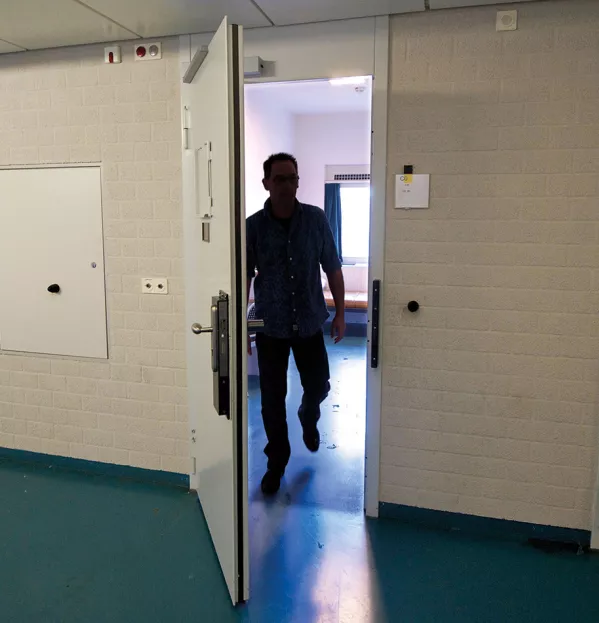The class seemed like any other home economics class: ingredients scattered between pupils, heat from ovens, the whir of extractor fans. But then I noticed that the cutlery - even the chopping knives - was plastic.
It was a reminder that this actually wasn’t a “normal” classroom at all: there were bars on the windows, huge locks on the classroom doors and, when lessons were over, the pupils went back to cells, not homes.
It’s been around five years since I visited that education provision at a high-security young offenders’ facility, but I still think about it often. As we walked the corridors and dipped into lessons, the head of education told me how important this prison school was for the teenagers in her care. It provided structure, opportunity, pastoral support and, most of all, hope. These young men, who once shunned school, embraced education when in prison - and I regret to say, I had not expected that to be the case. The experience taught me a lot.
I mention this as it came to mind when I was reading Kate Parker’s excellent feature about education in adult prisons and the fact that the past 12 months have highlighted how few people seem to understand its importance. The head of education at the young offenders’ facility I visited did not need a pandemic to be aware of the same issue: education was a privilege, many seemed to suggest to her, not a right.
This attitude is starting to sneak into the debate around exclusions. Too often, both sides frame mainstream schools as being about education and pupil referral units (PRUs) being somewhere to go when you “can’t” be educated. Worse, PRUs are characterised as a stepping stone to prison: one side argues that exclusion should be scrapped because it leads to a spiral that ends up in a prison cell; the other side argues for exclusion because they consider the offences worthy of a prison sentence.
What a disservice both arguments do to the pupils and staff in PRUs. Young people end up in a PRU for varied reasons, through different arrangements and for various timescales. It isn’t a “sentence” given for a preset level of “crime” - often, it’s a support intervention. And staff in PRUs work tirelessly to provide educational opportunity, to turn lives around and to help young people help themselves. They do not simply provide a waiting room for the prison service.
The narrative insinuating otherwise does tremendous damage. It undermines the work PRUs do - meaning that respect, funding, outreach, recruitment and more are negatively impacted.
It also affects how children who are excluded see themselves, making the job of those PRUs that much harder. And it prevents a sensible debate being had about what types of education provision we want to offer.
If we better acknowledge PRUs as a different type of schooling rather than a punishment, then we can begin to ask questions about why certain systems, curriculum offers, structures and approaches work better for some pupils than others. We can then ask why a more diverse local provision is not on offer to every child, without the need of an “exclusion” to gain access.
Education is a right of every child and we are obligated to find a way to fulfil that right. With a better understanding of PRUs - and special schools, hospital schools, prison schools and other non-mainstream provisions - we can find new ways of meeting that obligation.
@jon_severs
This article originally appeared in the 2 April 2021 issue under the headline “Education is a right - we need a system that fulfils that obligation”




